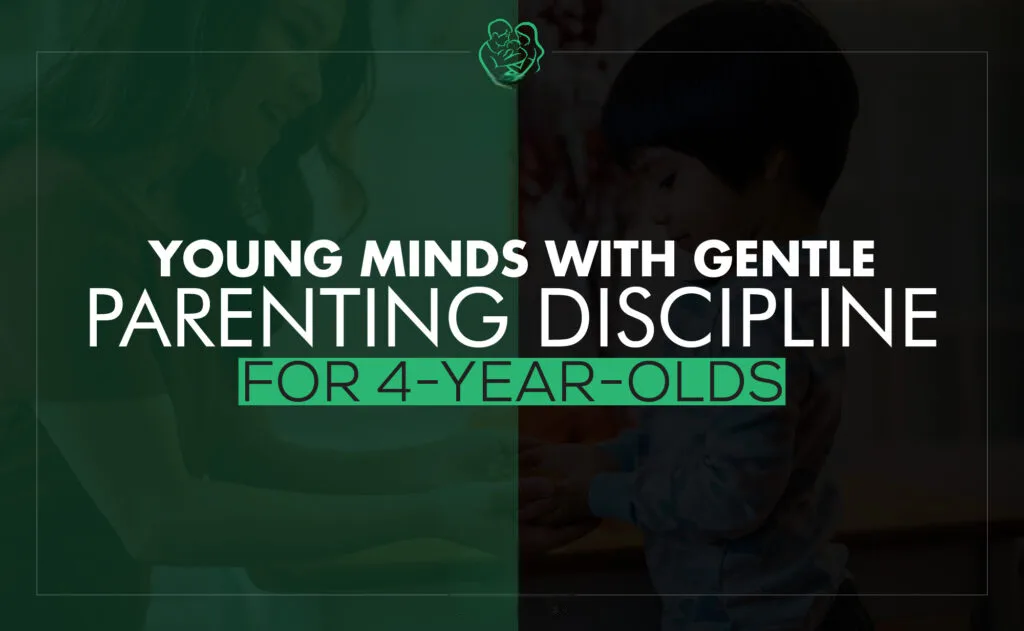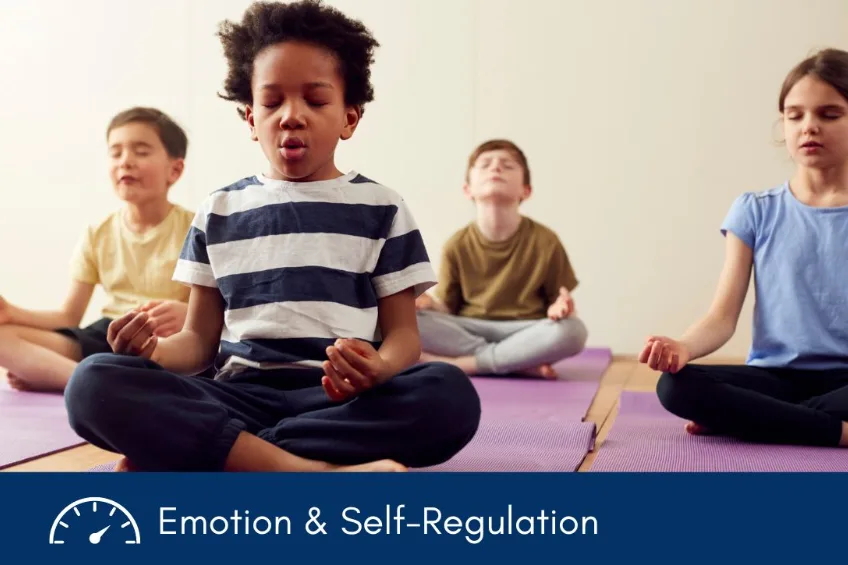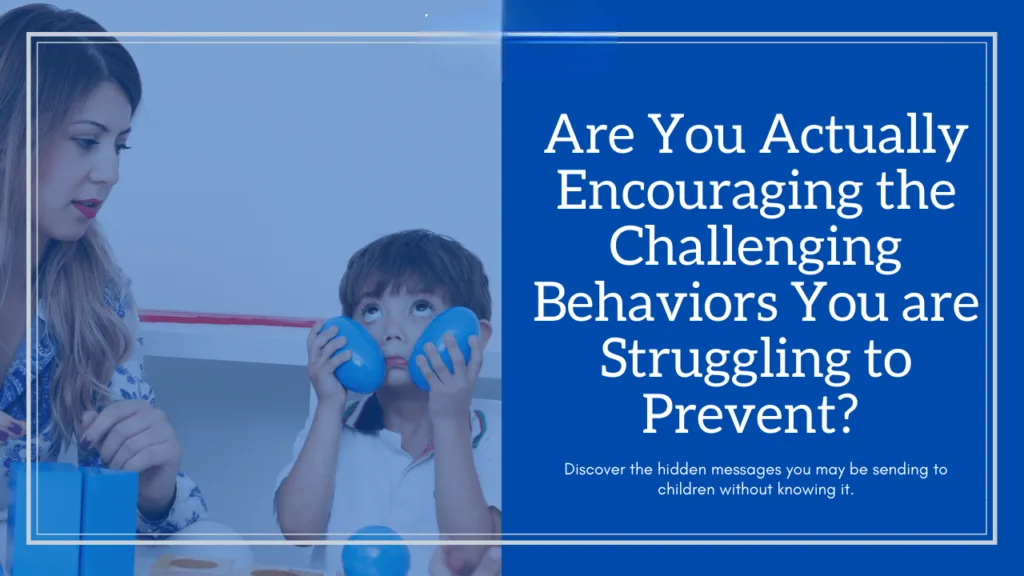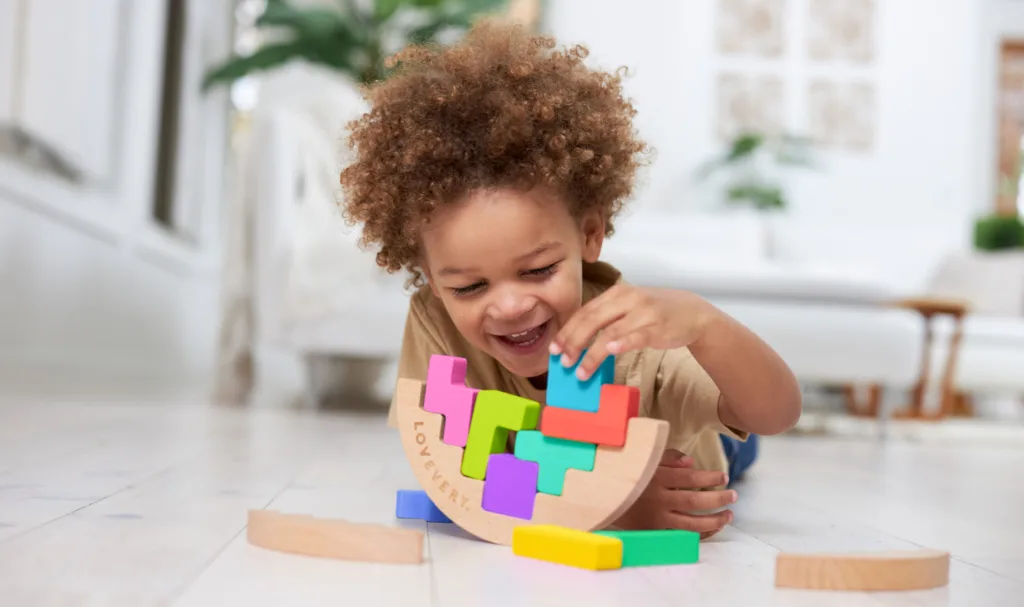
Imagine this: you’re out shopping, and suddenly, your cheerful 4-year-old transforms into a whirlwind of emotions, throwing a tantrum right in the cereal aisle. This scenario is all too familiar for many parents and can leave one feeling overwhelmed and unsure of how to respond appropriately. Gentle parenting discipline 4 year old offers a compassionate approach that emphasizes connection and understanding rather than traditional discipline methods.
By adopting gentle parenting discipline 4 year old, parents can navigate these challenging moments with empathy and foster a stronger bond with their child.
Parents frequently say, “My preschooler just doesn’t listen.” Four-year-olds are energetic and curious about their surroundings. Children of this age frequently push boundaries and give the impression that they are not listening to their parents because they need to explore and try new things.
It’s crucial to be sure that any medical issues that can impair a child’s hearing or comprehension have been ruled out before concluding that the child is actually not listening. Think about what “not listening” means, as long as a doctor indicates there is nothing happening that could impair a child’s capacity to listen, focus, or understand.
This article will explore effective gentle parenting discipline 4 year olds, emphasizing connection, empathy, and positive reinforcement.
In This Article
Understanding Your 4-Year-Old’s Development

# Emotional Regulation in Preschoolers
At around 4 years old, children are still developing their ability to manage emotions. Research shows that tantrums peak between ages 2 and 4, with about 70% of children experiencing frequent outbursts. At this stage, they often lack the skills needed to cope with frustration and disappointment. Recognizing these limitations helps parents respond with patience and understanding.
# Cognitive Development and Reasoning
Cognitive abilities are still in the early stages at this age. A 4 year old may struggle to grasp the connection between actions and consequences. According to developmental psychology, this is due to their not yet fully developed reasoning skills. As a result, they might not understand why certain behaviors are inappropriate, making gentle guidance essential.
# Temperament and Individual Needs
It’s vital to acknowledge that each child has a unique temperament. Some might be easygoing, while others could be more spirited. Adapting discipline strategies to meet individual needs leads to more effective outcomes. A flexible approach helps cater to your child’s personality, making them feel understood.
Gentle Parenting Discipline 4 Year Old: Positive Parenting Strategies
Children may also choose not to listen as a way to assert power and express a need for more control and decision-making abilities in their lives. While a 4-year-old can’t always make decisions for themselves, gentle parenting discipline 4 year old encourages parents to allow the child to make age-appropriate choices. This approach helps them learn to think critically and feel a sense of control over their actions.
Discipline is not the same as punishment or spanking. It’s about setting rules and boundaries to keep children safe or to learn appropriate behaviors. It involves following through on consequences when the child breaks the rules.
Here are some tips to discipline preschoolers who don’t listen:
1. Setting Clear Expectations and Boundaries

# Establishing Consistent Rules
Creating simple, age-appropriate rules is crucial. Keep your expectations clear and concise. For example, “We use our walking feet inside the store” is easier for a child to grasp than abstract concepts. Regularly review these rules during calm moments to reinforce them.
# Positive Reinforcement Strategies
Positive behavior can be encouraged through rewards and praise. Celebrate small victories, like sharing toys or listening the first time. You could say, “I’m so proud of you for helping me pick up your toys!” This acknowledgment builds your child’s self-esteem and encourages repetition of good behavior.
# Natural and Logical Consequences
Understanding the difference between natural and logical consequences can help you teach responsibility.
- Natural Consequences: These happen naturally. For instance, if a child refuses to wear a jacket on a chilly day, they may feel cold and learn the importance of dressing appropriately.
- Logical Consequences: These are directly related to the behavior. If a child throws their toy, they might not be able to play with it for the rest of the day.
2. Responding to Challenging Behaviors

# Effective Communication Techniques
Active listening is key when responding to challenging behaviors. Validate your child’s feelings by saying things like, “I can see you’re upset. It’s okay to feel that way.” This approach helps your child feel understood and safe, allowing emotions to calm down.
# Managing Tantrums and Meltdowns
When a tantrum strikes, both you and your child need calming strategies. Use deep breathing techniques. Encourage your child to take deep breaths while you model the behavior yourself. Research from child psychology suggests that staying calm and collected helps de-escalate the situation.
# Time-Ins vs. Time-Outs
Instead of isolating your child during discipline, consider time-ins. This technique promotes connection by bringing the child close during difficult moments, allowing them to express feelings in a safe space. This approach emphasizes guidance rather than punishment, fostering a stronger bond.
3. Fostering Cooperation and Problem-Solving

# Giving Choices and Encouraging Autonomy
Empower your child by offering choices. Instead of saying, “It’s time for bed,” try “Would you like to put on your pajamas or brush your teeth first?” This not only promotes cooperation but also builds their decision-making skills and self-esteem.
# Collaborative Problem Solving
Engage your child in resolving conflicts. When disagreements arise, ask, “What do you think we should do?” Together, brainstorm solutions. This collaborative approach teaches problem-solving and reinforces your child’s critical thinking skills.
# Role-Playing and Practice
Use role-playing to prepare your child for challenging situations. Pretend to be in a scenario where sharing is necessary, helping them understand appropriate responses. This practice helps children feel more confident in real-life situations.
4. Building a Strong Parent-Child Relationship

# The Importance of Connection
A secure and loving parent-child relationship fosters cooperation and emotional regulation. Spend quality time with your child and engage in activities they enjoy. This deep connection provides a foundation for effective gentle discipline.
# Self-Care for Parents
Parental well-being is crucial for maintaining a positive parenting approach. Take time for yourself, whether it’s through exercise, hobbies, or relaxation. A well-rested parent is better equipped to handle the ups and downs of parenting.
# Seeking Professional Help
If you feel overwhelmed, consider professional support. Therapists and counselors can provide valuable guidance tailored to your family’s needs. Resources like parenting classes or support groups can also offer assistance.
Conclusion: Embracing the Journey of Gentle Parenting
Understanding child development, setting consistent boundaries, utilizing positive reinforcement, and nurturing your relationship are essential elements of gentle parenting discipline 4 year old. Remember that this journey is not always straightforward; it’s full of learning and growth for both you and your child.
Remember that the journey of applying gentle parenting discipline 4 year old is not always straightforward; it’s full of learning and growth for both you and your child. Embrace the process, stay committed to these techniques, and share your experiences—your journey could inspire others navigating similar challenges.


































1 thought on “Gentle Parenting Discipline 4 Year Old: Effective Parenting Strategies”